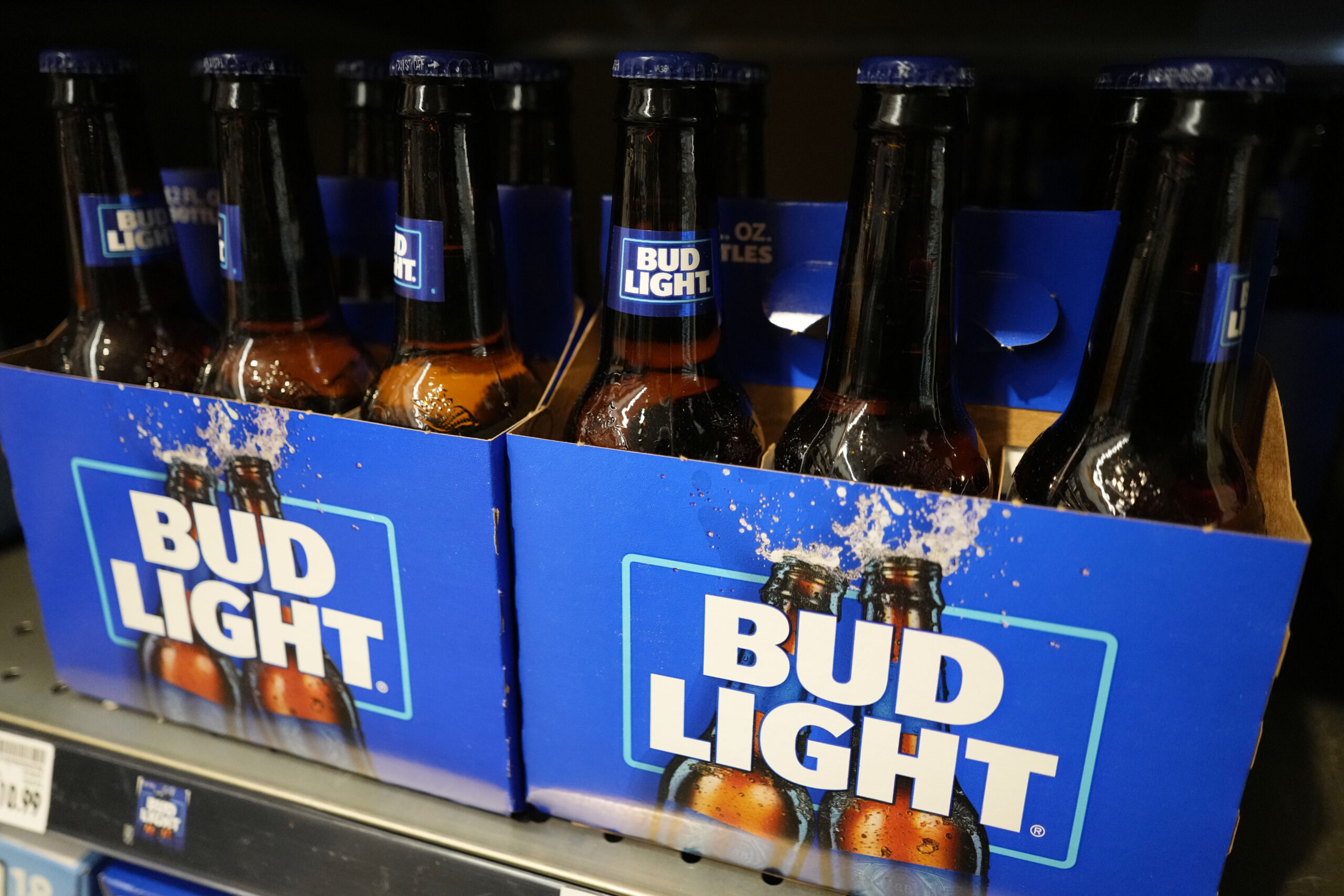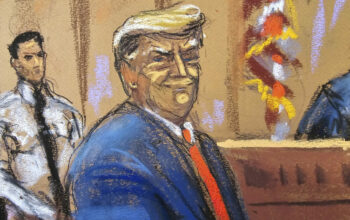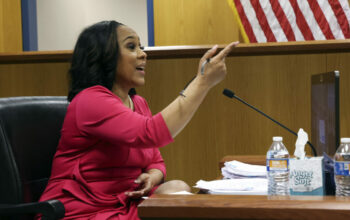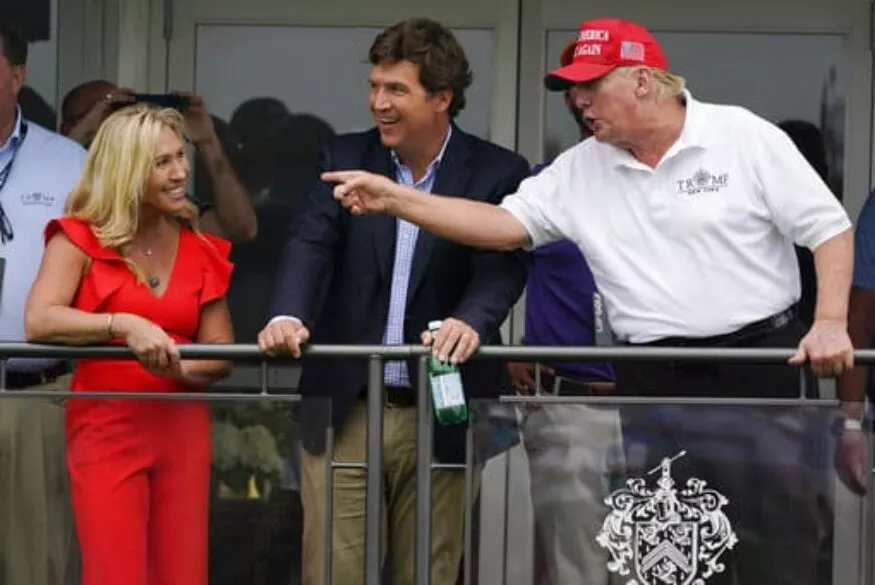Despite securing a coveted spot during the Super Bowl commercial lineup and even receiving an unexpected nod from former President Trump, Bud Light experienced a surprising sales dip instead of the anticipated boost. This outcome has sparked a conversation around the effectiveness of high-profile advertisements in today’s market, where a celebrity or political endorsement does not guarantee commercial success.
The much-touted advertisement featured a series of humorous vignettes intended to resonate with the Super Bowl audience, hoping to capitalize on the event’s vast viewership and the celebratory mood of the day. However, the immediate aftermath showed that the hype did not translate into a sales uptick for Bud Light. Analysts are probing into various factors that could have contributed to this disconnect between viewer engagement and consumer action.
Bud Light’s parent company, Anheuser-Busch InBev, had invested heavily in the advertisement, banking on the wide reach of the Super Bowl to promote their product. The strategy, while traditional, puts a spotlight on the evolving dynamics of advertisement where mere visibility is no longer a sufficient criterion for success. It raises the question of whether advertisers need to rethink their approach to tap into the motivations of modern consumers.
Furthermore, the commercial’s surprise endorsement by Trump, shared through his social platforms, ignited a flurry of media attention. Such political alignments can be double-edged swords in a polarized climate; they have the potential to draw in consumers with similar views but may alienate others with opposing perspectives. This situation illustrates the complexities of leveraging political figures in marketing campaigns.
In response to the slump, marketing experts are advocating for a more nuanced understanding of the audience and a focus on personalized engagement rather than broad-spectrum advertising. They suggest that companies like Anheuser-Busch InBev should tailor their marketing efforts to create a more direct and meaningful connection with their target demographic, which may yield better sales results than shotgun broadcast strategies.
Analysts will continue to monitor Bud Light’s performance in the market to determine if the Super Bowl ad setback is indicative of broader trends in consumer behavior or if it was an isolated incident. Companies looking to make a splash in prominent events like the Super Bowl may have to pivot towards innovative advertising techniques that speak directly to the hearts and minds of their potential customers.
















